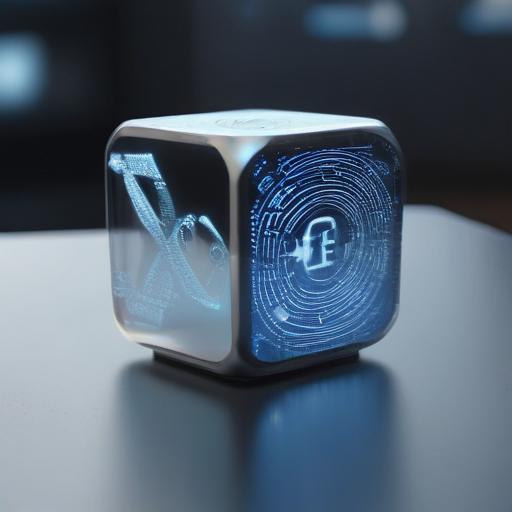MicroCloud Hologram Inc., based in Shenzhen, China, has unveiled an innovative multi-qubit quantum state sharing scheme that promises to redefine the way quantum resources are shared and utilized. The proposed method employs a unique “one-time distribution + one-time recycle” mechanism, allowing multiple participants to collaboratively recover various multi-qubit states effectively.
At the heart of this breakthrough is quantum entanglement encoding, which enables a streamlined process akin to “quantum information express delivery.” This involves a dealer packaging the target quantum state into a specially entangled state and distributing it via quantum channels. Participants can then perform local measurements to aid in reconstructing the original state. With the scheme capable of encoding multiple \(k\)-qubit states into an \(n\)-particle hyper-entangled state, significant advancements in resource efficiency are anticipated, enhancing the data collection process while reducing measurement errors substantially.
MicroCloud’s achievements include successful demonstrations using photonic systems that showed a 50% reduction in entangled particle usage and a 40% decrease in classical communication needs, all while maintaining high fidelity rates—over 85% despite a 1% error rate. However, there are still challenges to tackle, such as automating the preparation of high-dimensional entangled states and enhancing the precision of timing synchronization.
Looking to the future, MicroCloud aims to focus on integrating solid-state quantum systems and optimizing quantum machine-learning algorithms. The company is determined to transition this technology from the lab to real-world applications, which could facilitate the development of scalable quantum information processing platforms.
This initiative aligns with MicroCloud’s broader goals in holographic technology, particularly in enhancing high-precision LiDAR solutions and developing advanced driver assistance systems. As this technology evolves, it holds the potential to significantly propel quantum computing from theoretical concepts to practical, engineering-based applications, which is exciting news for the industry.
